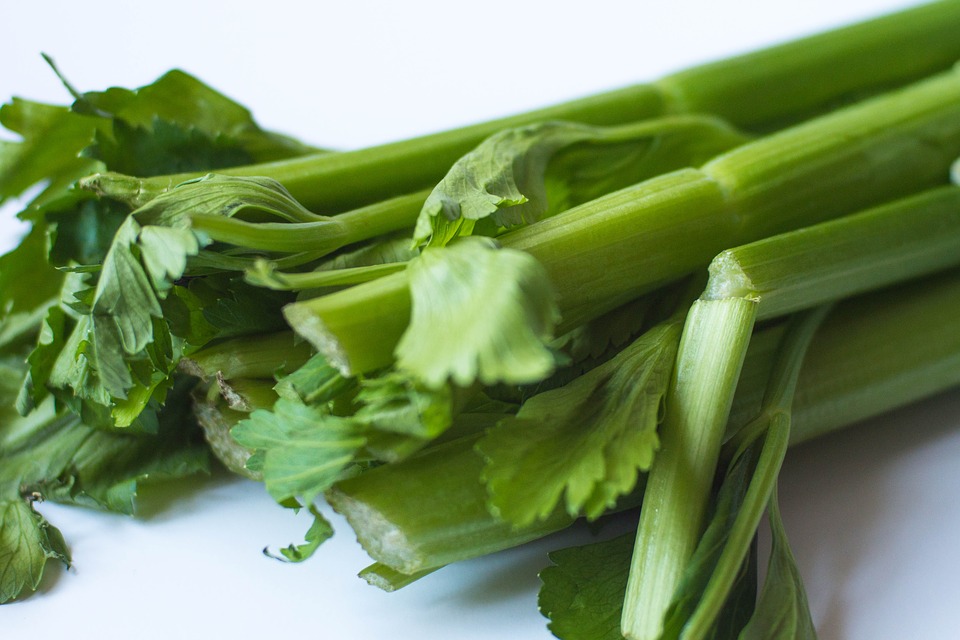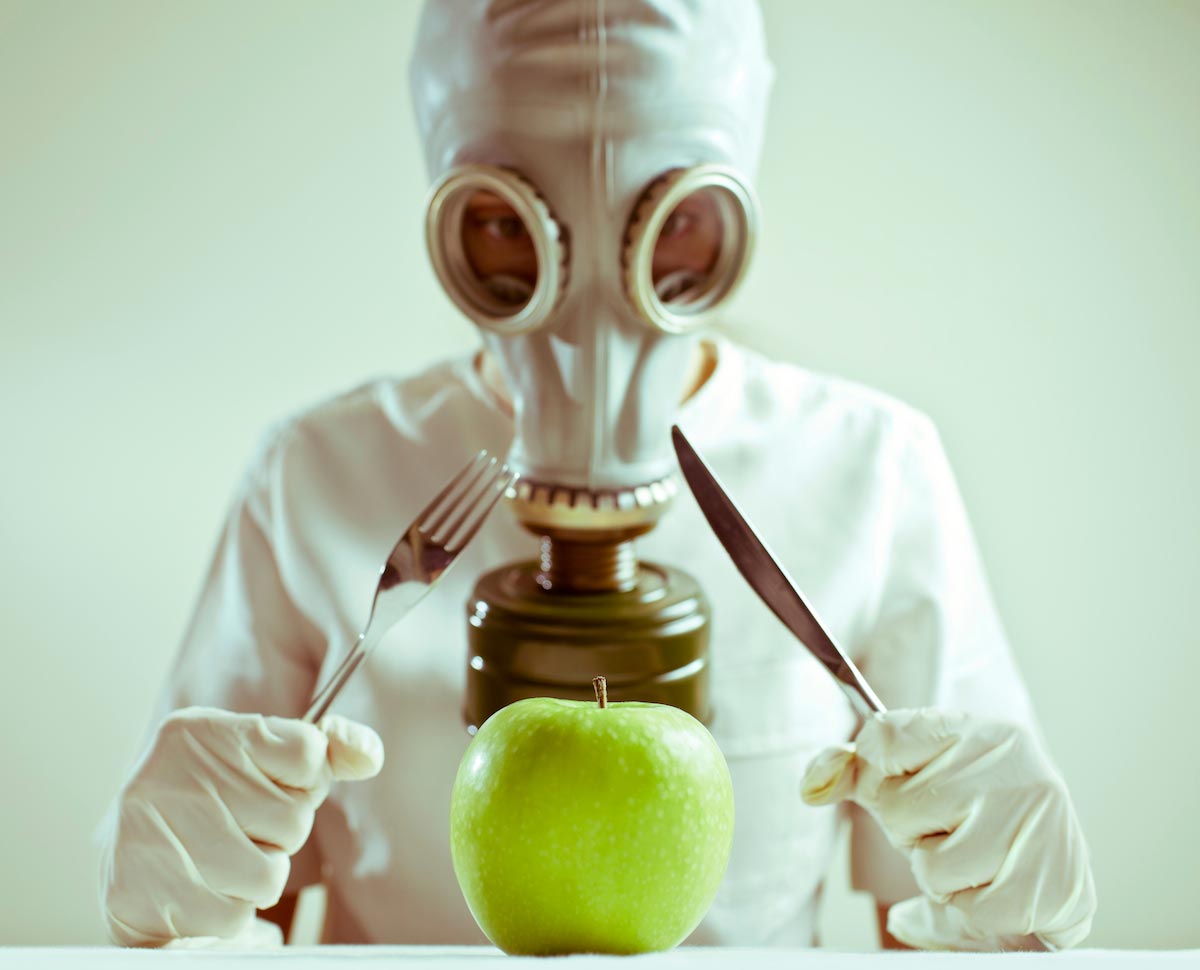Sugar amplifies the effects of an anticancer compound used in Traditional Chinese Medicine
02/25/2019 / By Zoey Sky

Research has found that an extract from the “thunder god vine” contains triptolide, a small molecule that can stop cells from multiplying.
Jun O. Liu, Ph.D. is a professor of pharmacology and molecular sciences at the Johns Hopkins University School of Medicine and a member of the Johns Hopkins Kimmel Cancer Center. He and his colleagues revealed that tests of triptolide in human cells and mice were vastly improved due to the chemical attachment of glucose to the triptolide molecule.
Based on their research, with the chemical add-on, the molecule becomes more soluble and it turns it into a “cruise missile” that can target cancer cells. The change can even help reduce the side effects in patients, effectively making the drug easier to administer.
Liu said, “We have a long way to go before we can test this derivative of triptolide in humans, and we think that additional adjustments could improve it even more… but it already has the key characteristics we’ve been looking for: It is quite water soluble, and it prefers cancer cells over healthy cells.”
Liu shared that the thunder god vine has been used in traditional Chinese medicine for over 400 years. The plant is often used to calm an overactive immune system, which can lead to diseases like rheumatoid arthritis and multiple sclerosis. (Related: Chinese Medicine increasingly recognized as safe, effective system of medicine by Western doctors.)
Liu’s laboratory is looking into how natural compounds with proven healing properties affect human cells. Five years ago, Liu and his colleagues determined that triptolide can halt cell growth. The small molecule interferes with the protein XPB, which is part of the large protein machine transcription factor IIH, that is used by the enzyme complex RNA polymerase II to produce mRNA.
Liu believes that since triptolide can halt cell growth, it can help fight the multiplication of cancer cells both in lab-grown cells and in laboratory animals with cancer. However, triptolide and several derivatives were unsuccessful in patients because “it doesn’t dissolve well in water or blood.” There are also other side effects associated with triptolide because it indiscriminate kills healthy cells along with tumor cells.
Through his latest research, Liu aims to “train” triptolide so that it only targets cancer cells. Liu used the knowledge that a lot of cancer cells make extra copies of proteins, called glucose transporters, to his advantage. Those transporters make tunnels through a cell’s membrane to get enough glucose which sustains rapid growth.
The researchers are attaching glucose to triptolide in the hopes of “tricking” the cancer cells into importing the cell-killing poison instead. This was previously done with other anticancer drugs, with positive results.
The scientists observed triptolide’s effects on different healthy cells and cancer cells alongside glutriptolide 2, and they discovered that while triptolide can “equally slow the growth of healthy cells and cancer cells,” glutriptolide 2 was at least “eight times more effective against cancer cells, on average.” Liu explained that this suggests that the new compound — once tested in humans — can be more selective against cancer cells and that it might even have fewer side effects.
Herbs and spices that can prevent cancer
Prevention is always better than cure, so try to incorporate more of these herbs and spices in your diet because they can help prevent cancer:
- Turmeric — Turmeric is a very strong anti-inflammatory agent, and it has many spectrum antimicrobial and antiparasitic properties.
- Garlic — Garlic, or Allium sativum, and other Allium family vegetables like onions, shallots, and leeks contain organosulfur compounds alliin, allicin, and allyl sulfides that are cancer protective.
- Rosemary — Rosemary contains rosmarinic acid and rosemary-caffeic acid which are anti-inflammatory and antioxidant that can help minimize the oxidative stress that triggers different kinds of cancer.
Check out more Chinese herbs that have anticancer properties at NaturalCures.news.
Sources include:
Tagged Under: alternative medicine, anticancer, glucose, glutriptolides, herbal medicine, sugar, traditional Chinese medicine



















